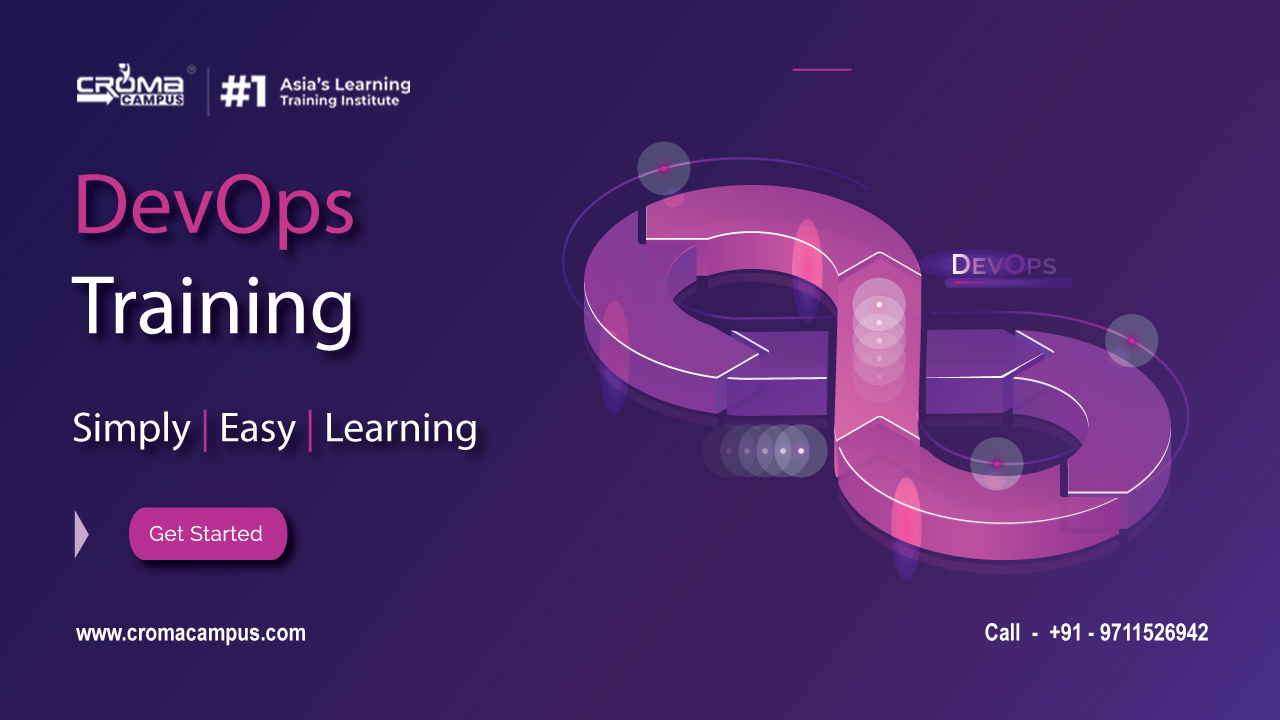DevOps is a progressing philosophy and framework that enhances faster, better application development and faster release of new or revised software features or products to customers. Hence, the practice of DevOps enhances smoother, continuous communication, collaboration, integration, visibility, and transparency between application development teams (Dev) and their IT operations team (Ops) counterparts. Accordingly, to gain hands-on experience and expertise in this technology, you can learn it from a renowned DevOps Training Institute in Delhi. Let’s gain more insight into DevOps benefits and skills requirements that can be instrumental to your career progression.
Methods and Practices Used in DevOps
There are some common DevOps methods that organizations use to speed up and improve development and product releases. Among the most popular ones are Scrum, Kanban, and Agile:
- Scrum. Scrum explains how members of a team should work together to speed up development and QA projects. Scrum practices comprise key workflows and specific terminology (sprints, time boxes, daily scrum [meeting]), and designated roles (Scrum Master, product owner).
- Kanban. Kanban started from efficiencies gained on the Toyota factory floor. Kanban specifies that the state of software project work in progress (WIP) be tracked on a Kanban board.
- Agile. Agile software development methods heavily influence DevOps practices and tools. Many DevOps methods, including Scrum and Kanban, subsume elements of agile programming.
How is DevOps Beneficial?
Anyone who is a part of software creation, either from the development end or from the end of the operation, will benefit greatly from learning DevOps. Here are some of the benefits of learning DevOps: –
Increase Deployment Success Rates– Programming errors are the prime reasons for a deployment’s failure. With dev and ops teams working collaboratively, recovery time is a lot shorter.
Improved Collaboration and Communication—DevOps improves collaboration and smoothness of communication. This happens when all stakeholder teams take part in the development process, they focus on a common aim instead of working with individual objectives.
Increased Efficiency Through Automation—Constant integration minimizes manual processes in developing and testing. Particular tasks in the development process cannot be automated.
Work with Good Developers—While some developers are good at what they do, on the other hand, others may not be as efficient in their coding skills. DevOps provides a solution to this problem.
A Good Organizational Culture—Working on a DevOps team enhances interpersonal relationships and builds interdepartmental trust in several ways. This ultimately results in increased productivity and greater profits.
Pre-requisites of a DevOps Professional
As a DevOps engineer has a very vital role to play in any organization, one must be perfect in some specific technical and personal skills such as coding, re-engineering of processes, and collaboration. Some prerequisites of a DevOps professional are-
- The DevOps professional must have a basic knowledge of certain basic programming languages such as Java, Perl, and Python.
- He should be well versed in several specific operations of development, testing, integration, observing, formation, and other DevOps tools.
- One of the quite crucial qualifications of the DevOps professional is DevOps training and certification.
- DevOps professionals must be proficient at handling automation processes at different levels of development, testing, and operation.
- A DevOps professional is accountable for the proper administration of testing procedures at all levels. Thus, a professional must have sound knowledge of testing tools and other applications.
- The DevOps professional should have a grasp of networking too. This is because efficient networking enables the final developments, applications, or services to the client’s environment as per the expected design and planning.
- Excellent leadership qualities, along with great communication and professional expertise, attribute to the success of a DevOps engineer.
Conclusion
To conclude, one can infer from this information that the technical, as well as professional benefits of DevOps, are huge. Thus, a solid DevOps strategy and successful implementation can entirely streamline an organization’s operations and ultimately proves your expertise as a DevOps Professional. But one must acquire the right knowledge and skills to be an expert. Thus, for this, you would require certification in DevOps technology. For this, you can simply enroll in DevOps Online Training to gain valuable insights and proper training in this technical domain. Therefore, once you successfully complete the certification and training, you can embark on the successful journey of a fulfilling career in DevOps both in the domestic and international job market.











